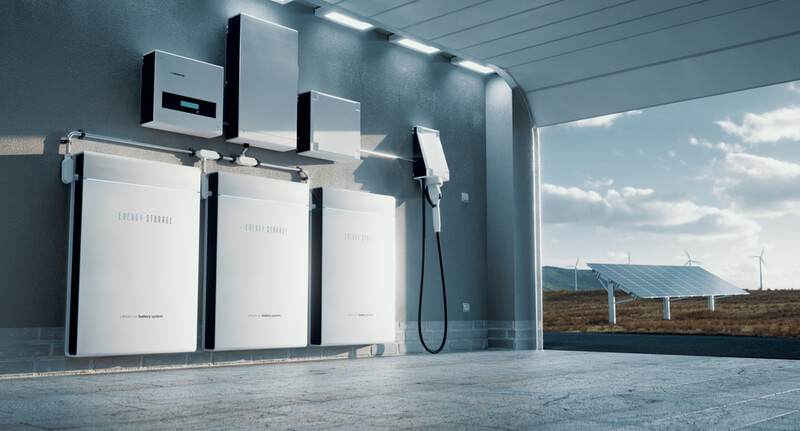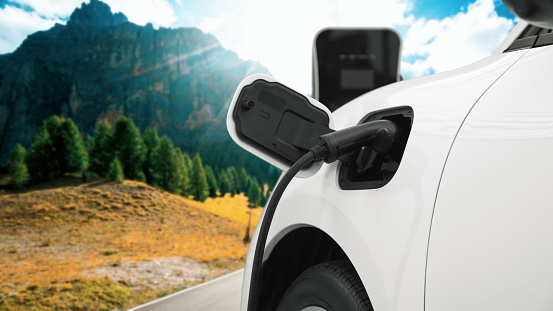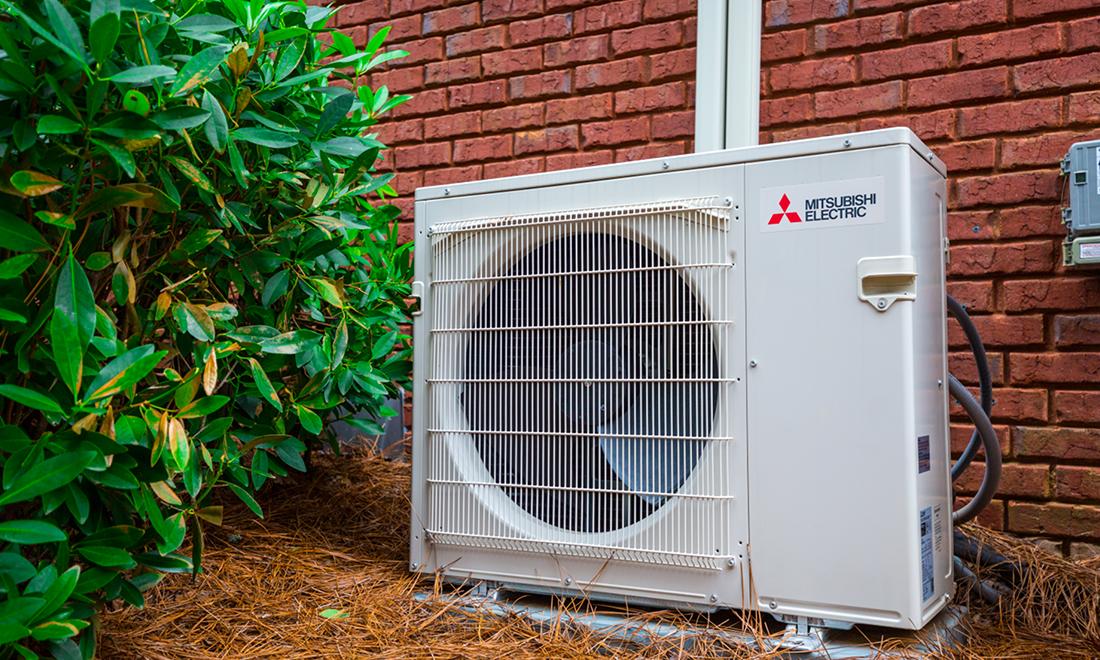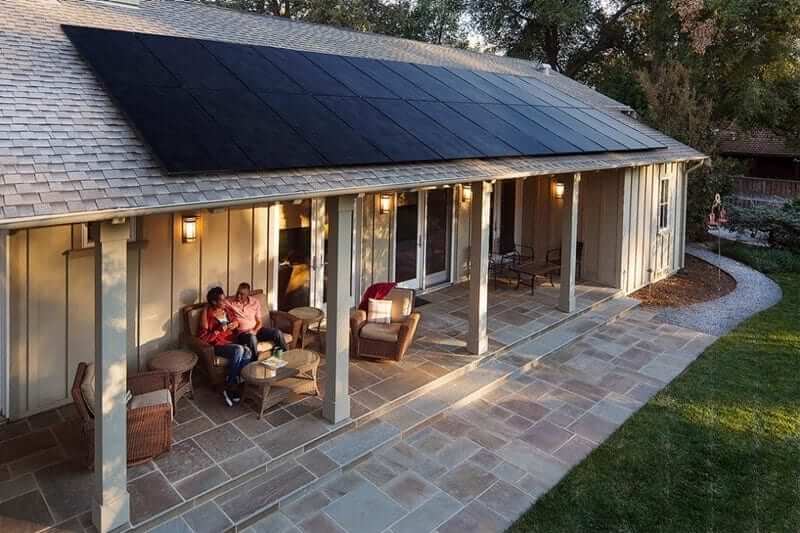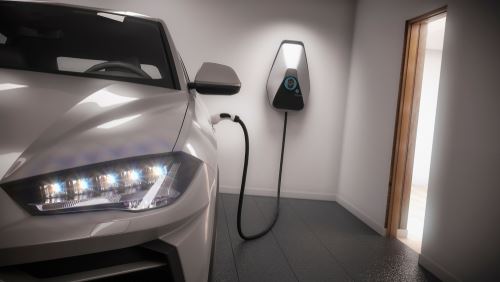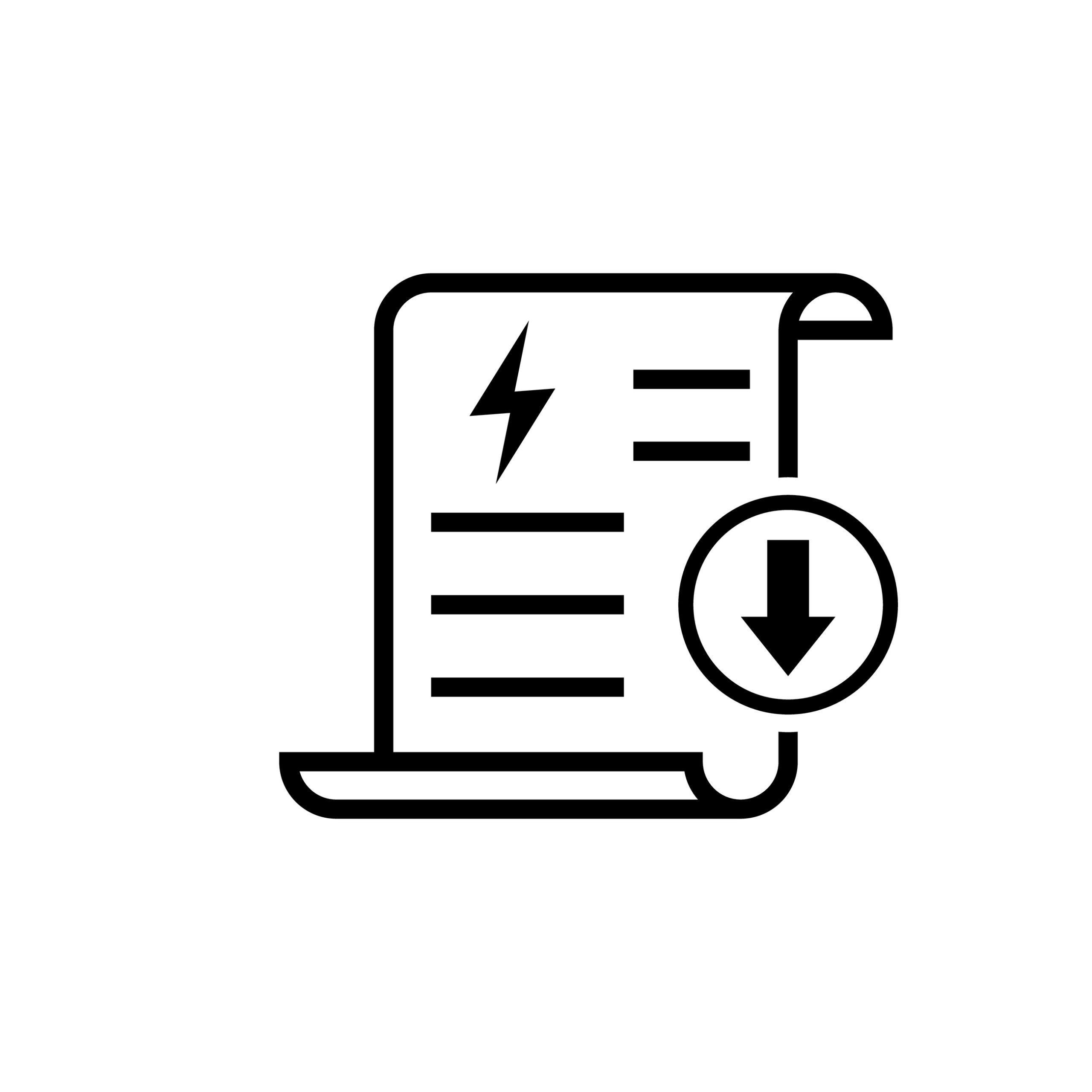
The secret is out! Denver, Colorado is one of the fastest-growing cities in the country and we’re all looking for ways to make our homes smarter and more energy efficient. On Earth Day, April 22, 2022, the City of Denver launched an exciting, new incentive program to ensure more people can electrify their homes. Recognizing funding is a major hurdle for many, the new Climate Action Rebates provide a path to lower monthly bills with more clean-energy solutions.
“If we can make adopting electric equipment easy and cost-effective, and in some instances free, we are removing barriers for homeowners ready to make that switch,” said Grace Rink, Denver’s chief climate officer. “This program will reduce energy costs, improve our health and air quality, and get us that much closer to our city’s ambitious climate goals.”
The Denver Energy Office and Xcel Energy will collaborate to give homeowners up-front discounts on home electrification, including solar panels, heat pumps, battery storage systems, electric vehicle charging stations, and even electric bikes (though they’re going fast – sign up for notifications about when the e-bike voucher application will be active again). These rebates can cover up to 80% of the total installed project costs or up to 100% of the cost through income-qualified rebates. To learn more about them, check out this helpful guide.
Who is eligible?
All Denver residents can take advantage of the rebates. The upgrades must be on an existing single-family or multi-family structure (four units or less and not new construction). If you’re ready to make these electrifying changes and are an Xcel Energy customer, you can simply select an approved contractor. Once you schedule your installation, your contractor will design your solution, request all necessary permits and guide you through the process to save.
What is included?
Homeowners can stack Denver’s rebates on top of Xcel’s electrification rebates to easily install home upgrades powered by renewable energy sources. Eligible equipment includes:
- Battery storage
- Air source heat pump
- Ground source heat pump
- Mini-split heat pump
- Heat pump water heaters
- Bidirectional electric vehicle charging/V2B
- Electric vehicle charging home wiring
If you have or will install a heat pump, a heat pump water heater, or a bidirectional electric vehicle charger as part of the rebate program, you are eligible for additional rebates, including:
- Solar panels
- Electric service upgrade
Battery Storage: $500-$2,750
Battery storage is quickly becoming key for clean energy-systems to store the electricity generated by your solar panels. Batteries provide around-the-clock power anytime and in any weather, even – and especially during – a power outage. Battery storage can replace backup generators to keep appliances and other essentials running for days at a time.
Heat Pumps: $4,500-$9,000
If you have an HVAC system for your heating and cooling needs, an air source heat pump might be a great option. These systems use outside air to cool in hot summer months, and can also be used to warm in the winter. The cost of installing these systems is often offset by the latest rebates so the sooner you install, the more money you’ll save on energy bills over time. These pumps qualify for a rebate of $7,000 at high efficiency and up to $9,000 for colder climates. Denver residents will enjoy generous rebates for ground source heat pumps, systems that use underground pipes to transfer heat from one location to another. There are also incentives for mini-split heat pumps, often used to heat smaller spaces, such as bedrooms and offices.
Electric Vehicle Charging: $1,000
Experts expect 52% of new vehicle sales will be all-electric by 2030 and we wnat you to be ready for it. More Denver residents are installing charging stations for their electric vehicles (EV) and plug-in hybrids at home than ever before. The latest incentive is a wonderful way to future-proof your transportation with the latest, most powerful EV fast and ultra-fast charging.
Electric Service Upgrades: $2,000
Denver residents can enjoy significant savings on monthly electric bills by upgrading to more efficient electrical service panels. You can take advantage of new, energy-efficient appliances and be eligible for up to $2,000 off your new electrical service installation. This rebate is available when it is paired with an air source heat pump, ground source heat pump system or other rebate that requires an electrical service upgrade to better manage more energy.
Solar Panels: Many Amazing Discounts
There are many options and ways to save when you “go solar” in Colorado. Some of these rebates can save you thousands of dollars, especially if you qualify for the federal investment tax credit to save 26% of your total installation cost. This means that if you spend $10,000 on your complete system, you will get a $2,600 tax credit! Also, you’ll enjoy amazing state-level incentives and rebates from Xcel Energy and Denver’s energy offices.
You can also install a solar system to charge your EV and receive double benefits on incentives. Solar rebates are subject to new updates so be sure to select a solar installation partner who can help you navigate the latest policies, qualify for rebates and maintain and update your system along the way.
The city of Denver also introduced the Denver Solar Equity Rebate Pilot Program, a pilot program to help more households make money-saving energy improvements with neighbors. This program offers cash incentives to offset the initial costs of solar system installation as just one example of how Colorado is working hard to become a leader in renewable energy.
The pilot program includes a $5,000 rebate ($3,000 for solar and a $2,000 battery storage rebate) which will be paid to you as part of the Solar Incentive Program. You are eligible if you are a Denver resident, member of the Denver Solar Co-op and provide documentation to affirm enrollment in one of the following:
- Denver Office of Nonprofit Engagement program
- State of Colorado Low-Income-Energy Assistance Program (LEAP)
- Colorado Affordable Residential Energy Program (CARE)
- Colorado’s Weather Assistance Program (WAP)
- Xcel Energy’s income-qualified DSM programs
- Supplemental Nutrition Assistance Program (SNAP)
- Temporary Assistance for Needy Families program (TANF)
How to take advantage?
Whether you have an idea about the kind of clean-energy equipment you’re interested in (click here to see a complete list) or not, Independent Power would be happy to guide your clean-energy adventure by assessing your home, energy usage and more.
When you confirm quotes from approved partners on the Climate Action Rebate Registered Contractors List (PDF, 226KB), make sure to emphasize you’re interested in Denver’s Climate Action and Xcel Energy‘s rebates. When you choose your contractor and schedule an install, discounts for services will be included in your quote and invoice). Your contractor will submit paperwork for the rebate on your behalf to make the process as easy and efficient as possible.
When to do it?
The time is now to make your home more energy efficient. This incentive program is one of the best in the country. Not only does this program offer savings on home improvement projects that will reduce your carbon footprint and lower your monthly bills, but also it offers extra savings if you bundle projects. For instance, if you install a heat pump space heater (max rebate $9,000), solar panels (max rebate $4,000), and battery storage (max rebate $2,750), you could be saving over $15,000. In conjunction with Excel Energy’s solar net metering policies, existing state incentives, and the federal tax credit, the savings do not get better than this!
All in all, rebates are a wonderful way to save on home electrification. If you’re planning to install new home electrical equipment, you can take advantage of the wide variety of rebates and if you combine home electrification with solar, you can even get tax credits! Independent Power would love to help you “power anything” and seek out the maximum amount of savings. Good luck and let us know how we can help!

